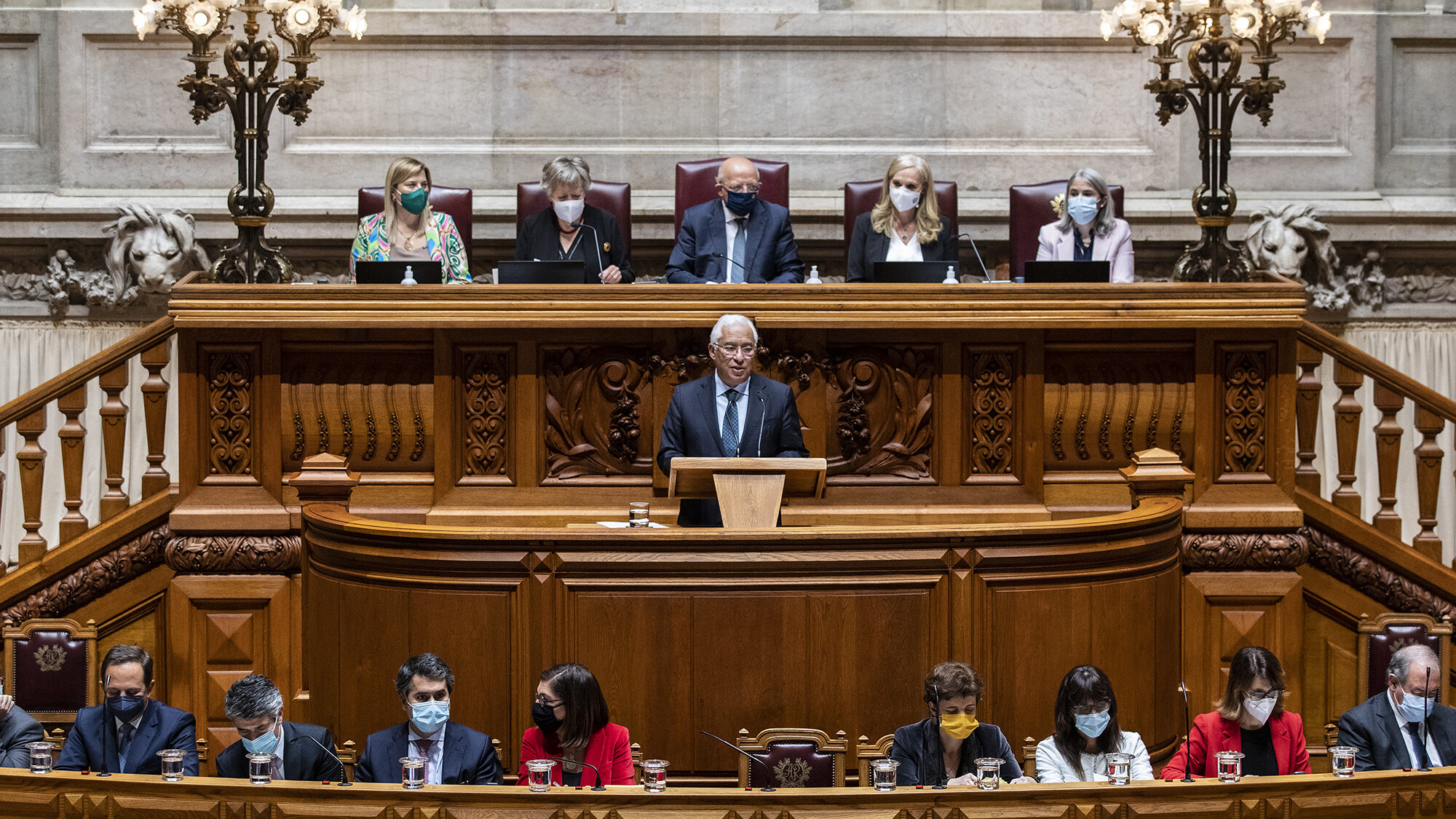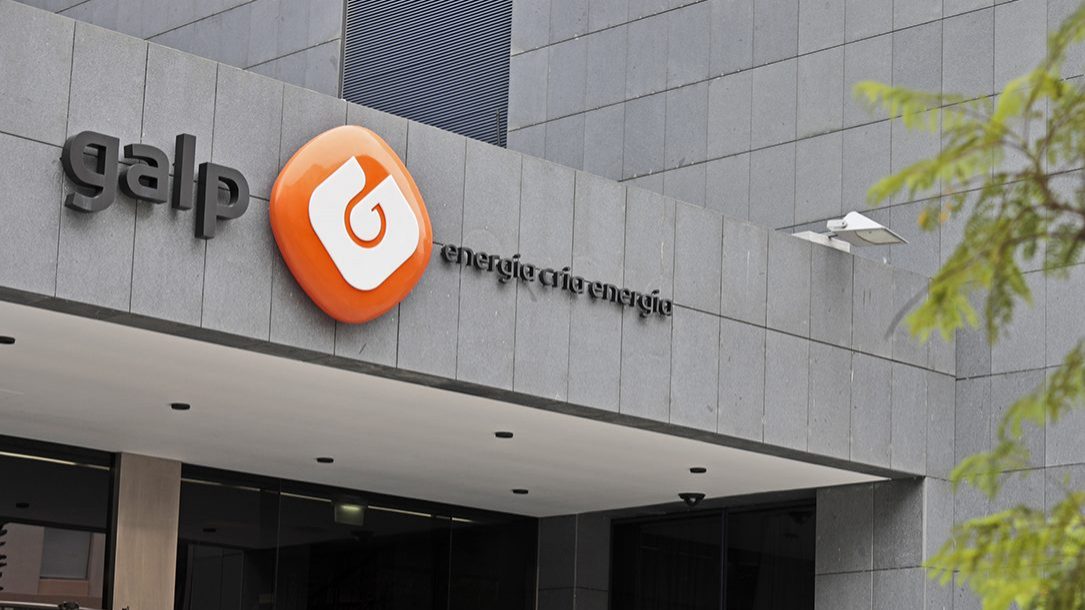Parliament approves windfall tax in energy, food retailing
The legislation foresees the imposition of a temporary solidarity contribution (CST) to the energy and food retailing sectors, on excess profits calculated in the tax periods beginning in 2022 and 202
Portugal’s parliament has approved, on its final reading, an extraordinary tax to be applied to windfall profits of companies in the energy and food retailing sectors, for the years 2022 and 2023.
The measure, which was proposed by the Socialist government, passed with the votes in favour of the Socialist Party (PS), Left Bloc (BE), People-Animals-Nature (PAN) and Livre, the abstention of the Social Democratic Party (PSD) and Communist Party (PCP) and the votes against of Chega and the Liberal Initiative (IL).
The legislation foresees the imposition of a temporary solidarity contribution (CST) to the energy and food retailing sectors, on excess profits calculated in the tax periods beginning in 2022 and 2023.
For the purposes of applying the tax, excess profits are considered to be the part of taxable profits for each of the tax periods in excess of a 20% increase in relation to the average taxable profits in the four tax periods beginning in the years 2018 to 2021.
Companies will thus be called upon to pay a rate of 33% on the part of profit that exceeds by 20% the average taxable profits.
The legislation establishes an exemption from this rate for micro and small companies, although this exemption “shall not apply” when the entity is covered by the “special taxation regime for groups of companies” and the “turnover of the group of companies by reference to the tax period in question is more than 100 million euros.”
The limitation of the exemption to micro and small companies with these characteristics resulted from an amendment proposed by the PS itself, presented during the committee stage of the bill on Wednesday. Amendments presented by opposition parties were rejected.
The government estimates that the windfall tax will generate revenue of between €50 million and €100 million in each of the two years in which it will be applied.



